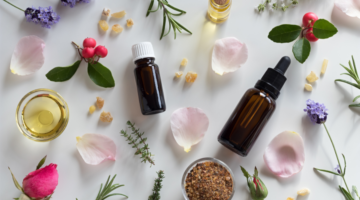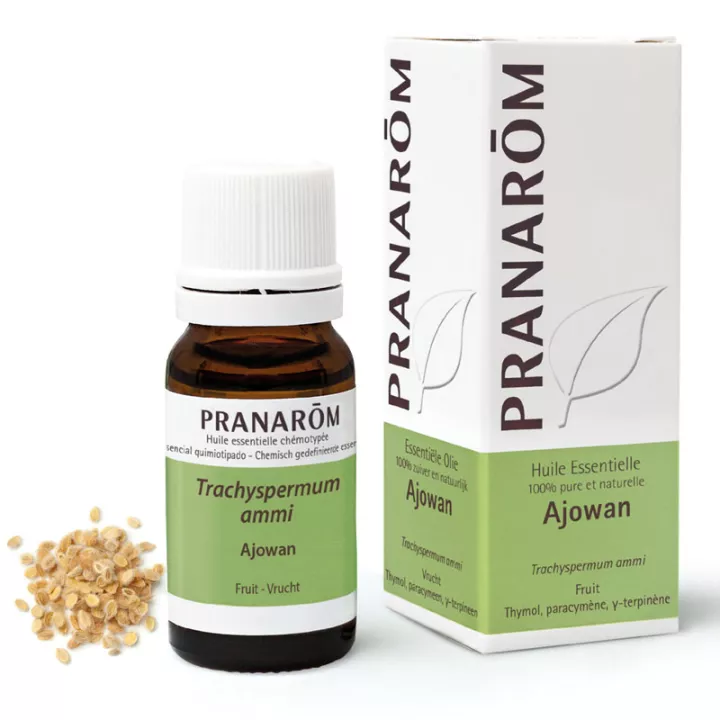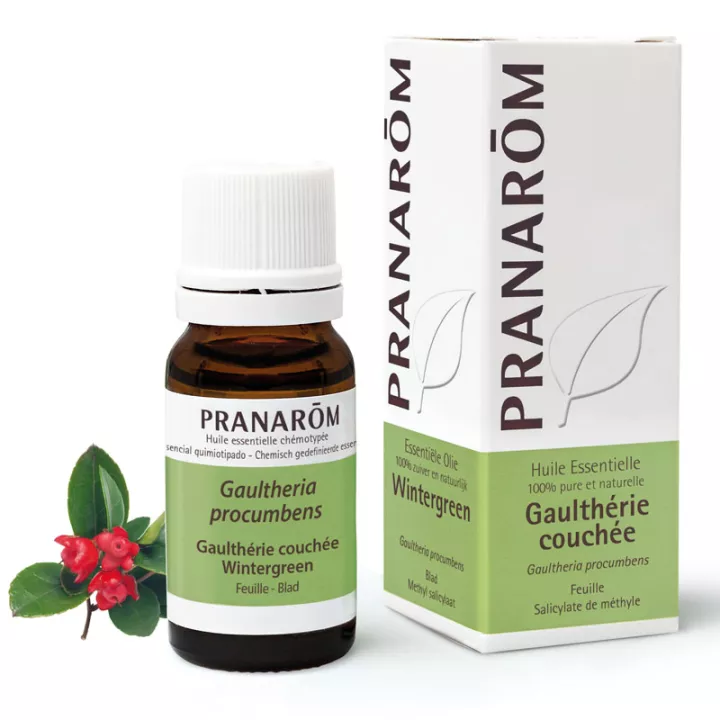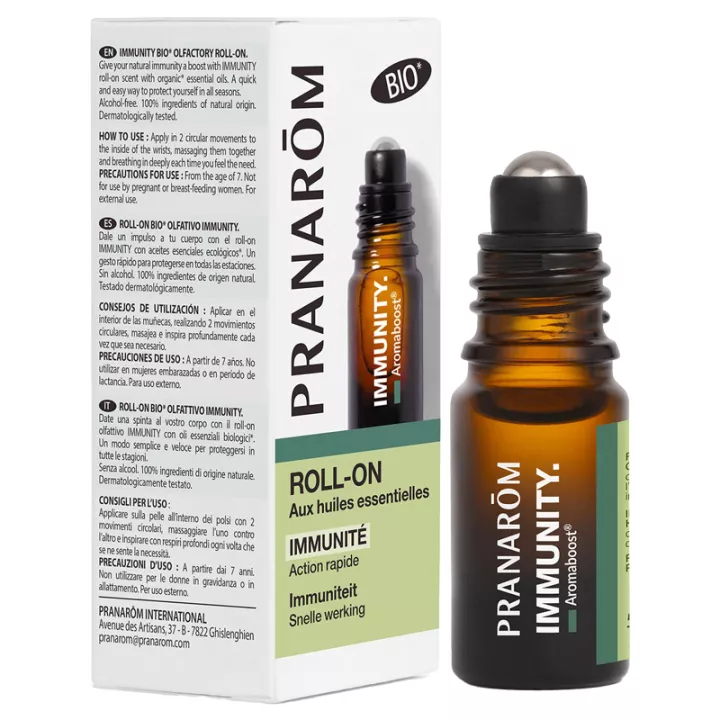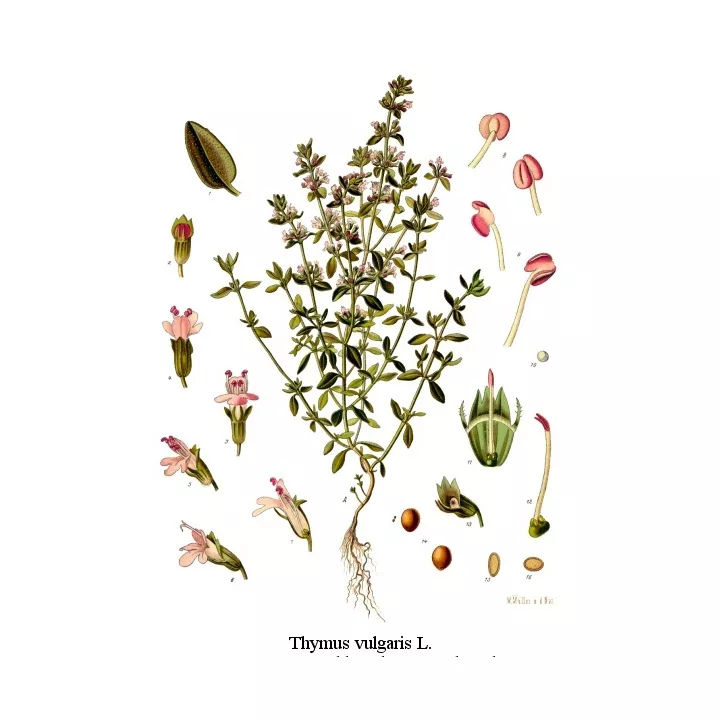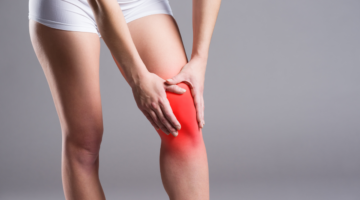What is Pranarom Ajowan Essential Oil used for?
Ajowan is a spice mainly native to India, and traditionally used in Ayurvedic medicine. Its seeds are used, with a taste reminiscent of thyme. It is mainly used orally, for its broad-spectrum anti-infectious and anti-bacterial benefits. It is therefore also a general tonic, as well as aiding digestion.
Native to India, this aromatic plant of the Apiaceae family bears beautiful umbrella-shaped white flowers whose seeds are rich in essence. Pranarôm Ajowan Essential Oil (Trachyspermum ammi) 10 ml is a 100% pure, 100% natural essential oil. Ajowan essential oil is a major antibacterial and antiviral agent, used internally against winter ailments, infectious digestive disorders and parasites. When used externally and diluted withvegetable oil, it is useful as an analgesic for joint pain.
Ajowan Trachyspermum ammi essential oil is recommended for :
- Intestinal parasitic infections (amoebiasis, roundworm, taenia) and skin infections (scabies, ringworm...)
- Cutaneous, nail and gynecological mycoses
- Intestinal, urinary and gynecological bacterial and viral infections
- Rheumatism of joints and muscles
- Bronchitis, flu
The aromatherapy laboratory Pranarom also offers you theessential oil of Oranger Bigarade, at the best price in our online pharmacy.
How to use Pranarom Ajowan Essential Oil 10 ml?
External use: 3 drops HECT + 6 drops vegetable oil on fungus or sensitive joints, 3 times a day.
Antifungal action on dermatomycosis-type skin: Apply ajowan essential oil diluted at 15% in black cumin vegetable oil to the affected area 2 to 3 times a day for 10 days.
What are the side effects and contraindications?
- Keep out of reach of young children.
- In case of accidental ingestion, ingest a vegetable oil and contact the Poison Control Center.
- Dermocaustic, risk of skin burns when used undiluted.
- Avoid contact with eyes.
- Do not exceed the dose recommended by your aromatherapist.
- Do not use during pregnancy, while breast-feeding or for children under 6.
- Store away from heat and light.
- Some natural compounds in essential oils may present allergy risks for certain sensitive individuals. Watch for adverse reactions and immediately stop any inhalation or diffusion. If necessary, consult a doctor.
For internal use only by trained personnel or an aromatherapist. Do not swallow.
FAQ - Pranarôm Ajowan Essential Oil
What are the main properties of Ajowan essential oil?
Ajowan essential oil is renowned for its antibacterial, antifungal, antiviral and anti-inflammatory properties. It is also known to relieve digestive and muscular disorders.
Is Ajowan essential oil suitable for children and pregnant women?
No, due to its potency, this oil is not recommended for children under 6, or for pregnant and breast-feeding women.
Can Ajowan essential oil be used for digestion?
Yes, it is effective against bloating and intestinal infections. It can be massaged into the abdomen after dilution in a vegetable oil.
What is its composition?
Latin name: Trachyspermum ammi (L.)
Botanical family: Apiaceae (Umbelliferae)
Producer organ: Seed
Known or presumed mode of action: Thymol acts by blocking calcium channels.
Monoterpenes: Paracymene, y-terpinene, camphene.
Phenols: Thymol, carvacrol
Biochemical specificity :
- Monoterpene phenols : thymol (40-45%), carvacrol (5%).
- Monoterpenes : alpha-terpinene (20-35%), paracymene (20-25%)
Main plant components :
- Essential oil (2-5%) and up to 10% in chemical breeds grown for thymol extraction (predominant component (25-60%), with paracymene (20-23%), gamma-terpinene (15-20%), carvacrol (2-4%)
- Other chemotypes with carvone and limonene
- Lipids (25-32%)
Phenol or aldehyde-rich essential oils are dermocaustic (aggressive to the skin) and should be diluted in a vegetable oil in a proportion of 85% vegetable oil to 15% essential oil.
Ajowan essential oil is obtained by steam distillation of the seeds of the plant otherwise known as Indian thyme. Its scent is similar to that of ordinary thyme, and the slightly brown liquid should be kept dry. The product is sensitive to light and heat. Its high phenol content gives this essential oil great potency. It also contains monoterpene. The presence of this substance can make Ajowan essential oil a powerful nephrotoxic. Do not swallow this product undiluted.
Presentation - Packaging
10 ml bottle in cardboard box.
